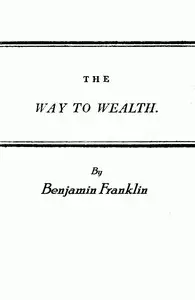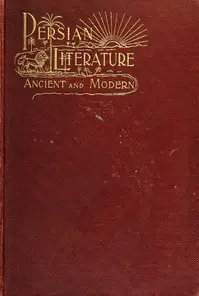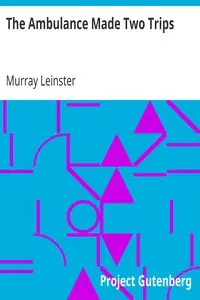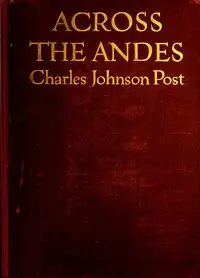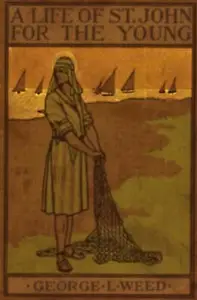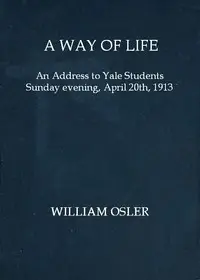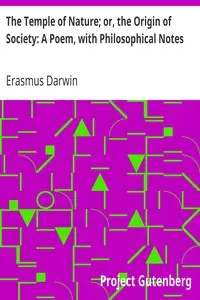"Christ: The Way, the Truth, and the Life" by John Brown is a theological treatise written during the late 17th century, reflecting the author's deep engagement with Christian doctrine amidst personal banishment. The book explores the significance of Jesus Christ in relation to the believer's life, emphasizing His roles as the Way, the Truth, and the Life, and providing a framework for understanding and applying these concepts to achieve spiritual growth and sanctification. The opening of the work includes a detailed dedication to Lady Strathnaver, highlighting the importance of Christ in meeting the spiritual needs of believers. John Brown introduces key themes that will be explored throughout the book, asserting the necessity of understanding Christ in order to navigate the complexities and dangers faced by Christians in a world filled with misleading doctrines and complacency. He expresses a sense of urgency in addressing contemporary challenges to Christian faith, setting the stage for an in-depth examination of how followers of Christ can effectively apply His teachings to their lives. (This is an automatically generated summary.)
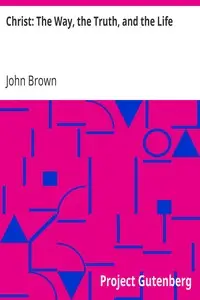
Christ: The Way, the Truth, and the Life
By John Brown
"Christ: The Way, the Truth, and the Life" by John Brown is a theological treatise written during the late 17th century, reflecting the author's deep ...
John Brown, of Wamphray, church leader, was probably born at Kirkcudbright; he graduated at the university of Edinburgh 24 July 1630. He was probably not settled till 1655, although he comes first into notice in some highly complimentary references to him in Samuel Rutherford's letters in 1637. In the year 1655 he was ordained minister of the parish of Wamphray in Annandale. For many years he seems to have been quietly engaged in his pastoral duties, in which he must have been very efficient, for his name still lives in the district in affectionate remembrance. After the restoration he was not only compelled by the acts of Parliament of 1662 to leave his charge, but he was one of a few ministers who were arrested and banished, owing to the ability and earnestness with which they had opposed the arbitrary conduct of the king in the affairs of the church. On 6 November 1662 he was sentenced to be kept a close prisoner in the Tolbooth of Edinburgh, his crime being that he had called some ministers ‘false knaves’ for keeping synod with the archbishop. The state of the prison causing his health to break down, he was banished 11 December from the king’s dominions, and ordered not to return on pain of death. He went to Holland. In 1676 Charles II urged the States-General to banish him from their country, a step which they refused to take. For a few years he was minister of the Scottish church in Rotterdam, and shortly before his death, which occurred in 1679, he took part in the ordination of Richard Cameron.


